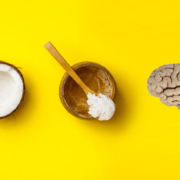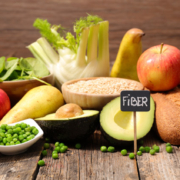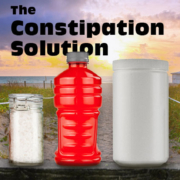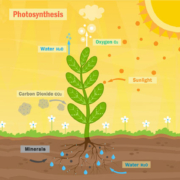Keto: Clearing the Air and Your Colon
The next keto diet issues are still related to the digestive system: excessive gas and constipation. Let’s address the issue of gas first so that maybe the next time you bend over, you won’t have to worry about challenging the strength of your anal sphincter muscles.
The protein content of the revised keto diet may be lower than prior versions, but the body still has to break it down. If you don’t make enough digestive enzymes to breakdown the protein, it produces gas as it ferments in the microbiome. A lot of it. The simplest thing to do may be take a digestive enzyme that contains proteases to breakdown proteins before every meal. Taking a probiotic may also be a good idea, but we don’t know the specific strains of bacteria that will work on protein.
On the other hand, probiotics in general may help ease the constipation that can occur while on the ketogenic diet. The problem is this: the colon doesn’t have enough to do—waste products from foods are simply not there. Fats don’t have anything left after digestion; almost all protein sources don’t have much residue either. But your digestive system still has to repair and rebuild the digestive system on a regular basis. In addition to the probiotics, soluble fiber may again be the solution for the same reason as with diarrhea: it adds bulk to the stool.
I’ll wrap this up on Saturday with the topic that seems to still be making headlines: the odors associated with going keto.
What are you prepared to do today?









